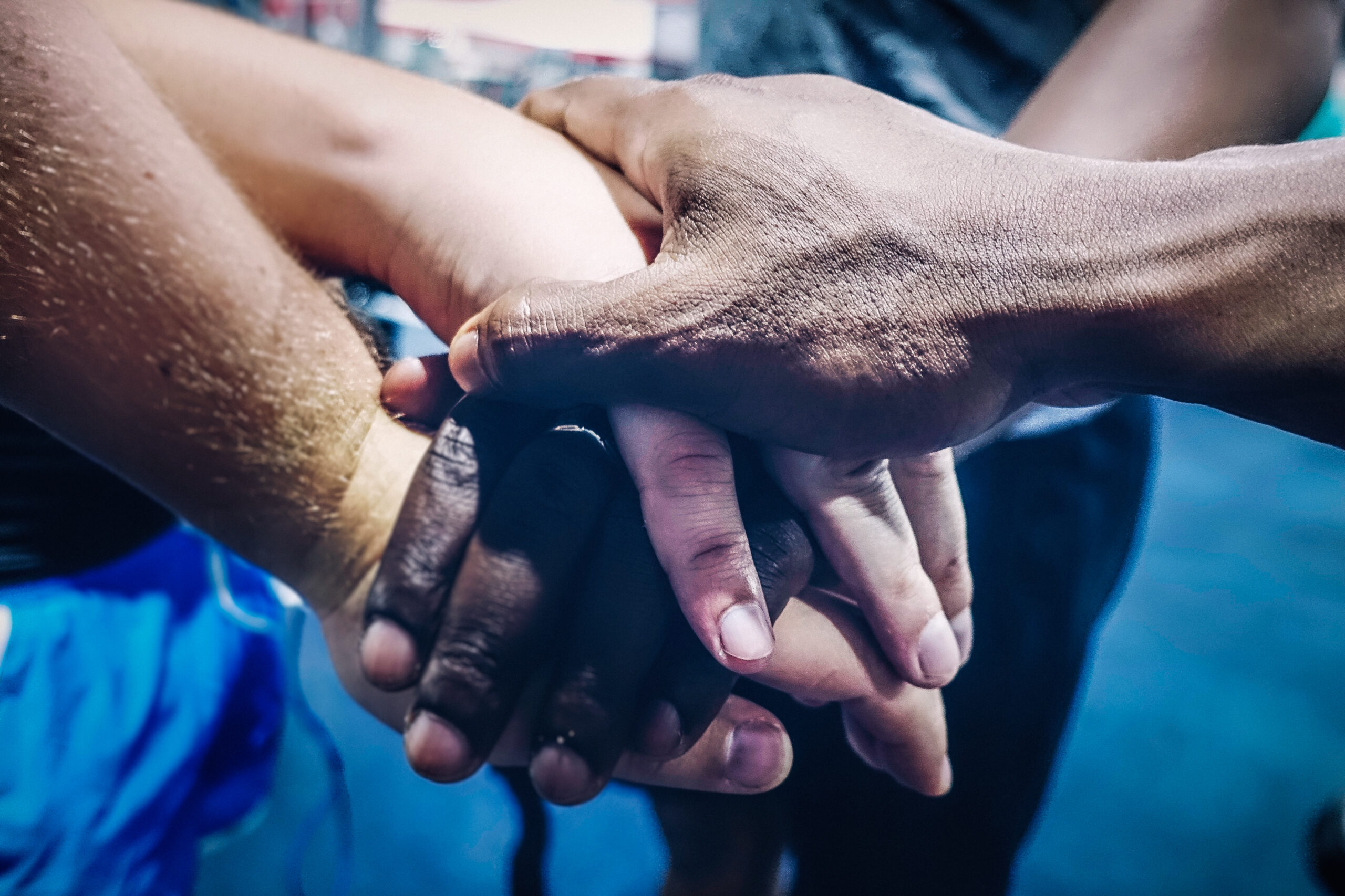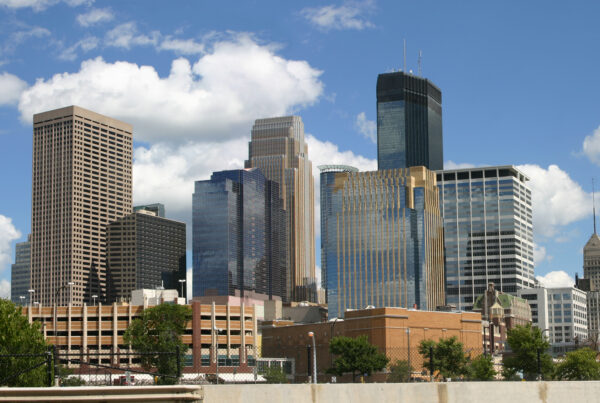“Minneapolis is not alone.” That was the text message I received yesterday from a dear friend who lives in New York. While I very much appreciated her outreach, I think those of us who lead organizations and communities in this metropolitan area do, in fact, need to assume responsibility for taking on some very challenging work. Systemic racism and its corrosive consequences are not uniquely here – but they are here. And as a medium-sized metropolitan area in the middle of the United States, we have proudly competed above our weight-class for decades: dozens of major global companies headquartered or basing significant operations here; world-class academic and medical institutions situated here, attracting students and patients from around the planet. But now we are being recognized for something very, very disturbing and wrong: young black men are afraid to get out of their cars here when they are stopped by law enforcement. Daunte Wright was stopped for expired license tabs and was dead moments later.
As a professional, I have had the experience numerous times of being ‘handed the baton’ for a tough assignment. In truth I have probably sought out the role more times than not. And I believe there are many others like me: experienced competitors willing to risk failure to take on a new challenge. But this is different; this is not about stepping up and into a position of power and leading people toward a shared outcome. At the root, this is about ensuring that paths to power are opening to new leaders; ultimately, it is going to be about acknowledging – no, celebrating – a very different community than the one we live in today. It has to start, I think, with more of us acknowledging the new generation of American society.
We are more diverse, more multi-cultural, more interdependent than at any time in our history. My own belief is that reflecting more on that notion of interdependence may be the key to our shared fate. We need each other: as creators, as customers, as providers, as neighbors, as investors, as friends to enrich our lives. We’ve spent generations with too much focus on differences, and on the damage done by exploiting differences. There is work to do in determining how to atone for the past – but even more to be done in ensuring the full potential of our future. And that work must be led by those reflecting who we are, collectively, today.
We have a friend and former colleague who taught me an important lesson about where to start in this work: learning each other’s stories. We might think we know them, just by focusing on our differences; but we don’t, and so a willingness to ask about others’ stories may be a helpful way to begin ‘picking up the baton’ of your role as a leader or as a community member. Be open to the learning of shared experiences, but also to learning of experiences so different than your own that the learning itself changes you. And changes your vision for the future of your community. Shared fate is a very powerful concept for me: we’re going into the future together – so let’s commit to making it the best place for each and every one of us to be.






